News
-
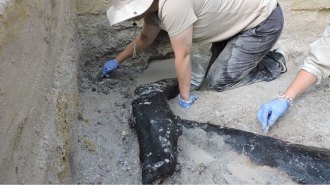 Anthropology
AnthropologyInterlocking logs may be evidence of the oldest known wooden structure
Roughly 480,000-year-old wooden find from Zambia suggests early hominids were more skilled at structuring their environments than scientists realized.
-
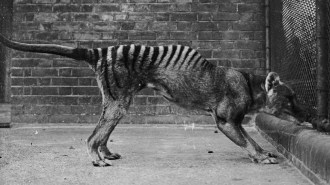 Animals
AnimalsFor the first time, researchers decoded the RNA of an extinct animal
The Tasmanian tiger, or thylacine, was hunted nearly to extinction. Now RNA extracted from a museum specimen reveals how its cells functioned.
-
 Earth
EarthTo form pink diamonds, build and destroy a supercontinent
The Argyle deposit in Australia formed about 1.3 billion years ago, a study shows, along a rift zone that sundered the supercontinent Nuna.
By Nikk Ogasa -
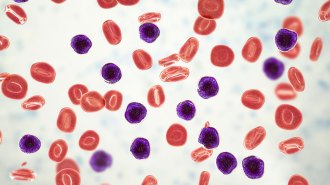 Health & Medicine
Health & MedicineA catalog of all human cells reveals a mathematical pattern
Smaller cells occur in larger numbers in the human body, and cells of different size classes contribute equally to our overall mass.
-
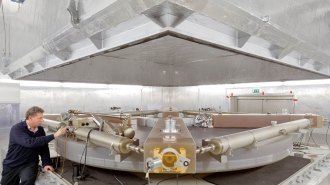 Physics
PhysicsA laser gyroscope measured tiny variations in the lengths of days on Earth
An underground gyroscope known as ‘G’ uses laser beams traveling in opposite directions to precisely measure Earth’s rotation.
-
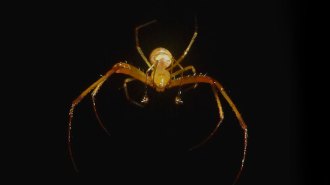 Animals
AnimalsSome cannibal pirate spiders trick their cousins into ‘walking the plank’
A pirate spider in Costa Rica uses a never-before-seen hunting strategy that exploits the way other spiders build webs.
-
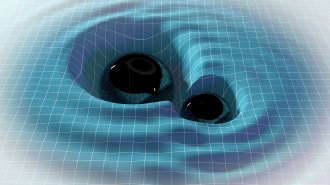 Physics
PhysicsScientists have two ways to spot gravitational waves. Here are some other ideas
From lasers in space to falling atoms on Earth, researchers are cooking up ways to sense gravitational waves that current methods can’t detect.
-
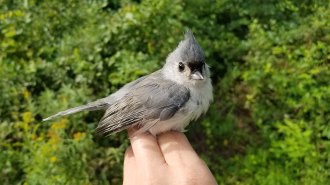
Birds with more complex vocal skills are better problem-solvers
Evidence for a relationship between bird vocal learning and cognitive prowess has been mixed. Now, a massive new study confirms they are linked.
-
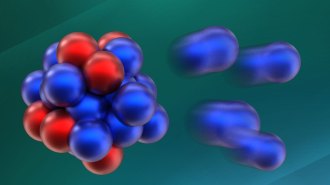 Particle Physics
Particle PhysicsScientists finally detected oxygen-28. Its instability surprised them
The elusive isotope was predicted to be very stable, thanks to “magic” numbers of neutrons and protons. It fell apart almost immediately.
By Elise Cutts -
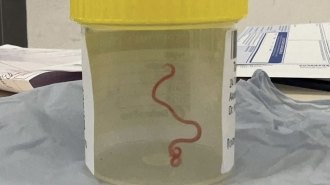 Health & Medicine
Health & MedicineDoctors found a live python parasite in a woman’s brain
The infection is the first known case of the worm Ophidascaris robertsi in a person. It’s not the only type of worm that can infect human brains.
By Meghan Rosen -
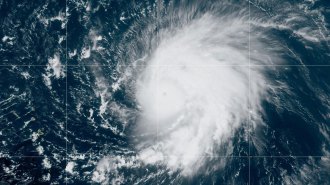 Climate
ClimateWhat’s driving an increasing number of hurricanes to rapidly intensify?
Hurricane Lee is just the latest storm to explode in power in only hours. The phenomenon is linked to a warming world.
-
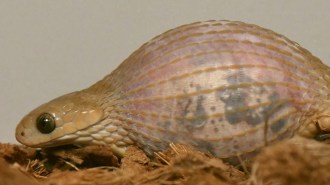 Animals
AnimalsA little snake’s big gulp may put all other snakes to shame
The humble Gans’ egg-eater can wrap its mouth around bigger prey than any other snake of its size.